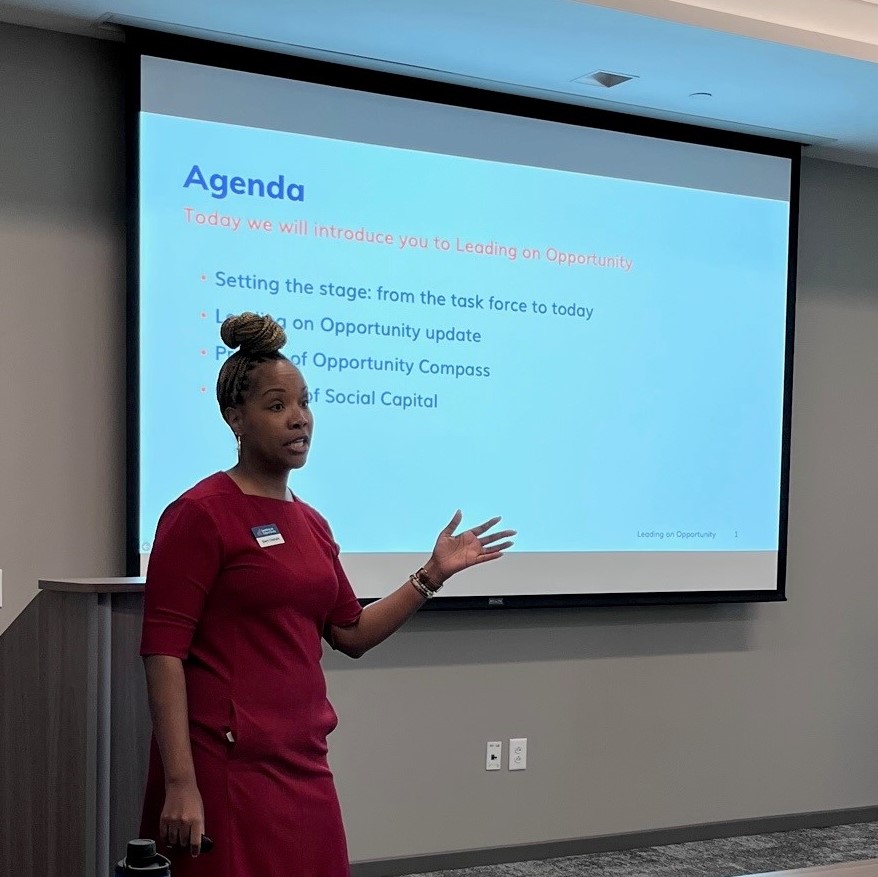
Personal growth through sharing social capital and building proximity. This is the focus of the sixth annual Women LEAD series. The first event featured Sherri Chisolm, Executive Director of Leading on Opportunity (LOO), and her team members, Richmond Brautigan, and AJ Calhoun. The conversation centered on the learnings of the Opportunity Task Force, the current work of LOO, and social capital. Sherri closed out the session with this call to action:
You can engage in sharing social capital by simply speaking with those in your workplace, neighborhood, or another peer group about important social issues and the resources that exist in our community to improve outcomes for everyone.
In case you are wondering about the Opportunity Task Force, in 2014 a Harvard study authored by Raj Chetty, ranked Charlotte 50 out of 50 cities in the United States in terms of economic mobility – meaning if you are born in poverty in Charlotte, you are highly likely to stay there. The ranking got the attention of local leaders, and a task force was started in 2017. The report of the Task Force, which led to the creation of LOO, identified five areas necessary to address upward mobility: early care & education, child & family stability, college & career readiness, the impact of segregation, and social capital.





LOO is a local think tank helping partners across the region solve complex social challenges that no single organization can address on its own. It does this through strategy, policy, and data. In fact, LOO has launched Opportunity Compass, a unique data visualization tool to measure progress and guide strategy to advance economic mobility. The tool identifies 33 key drivers of economic mobility, incorporates community voices in the analysis, helps visualize connections between drivers, and measures progress.
Social capital is a central driver of upward mobility, and economic connectedness is an element of social capital that can be measured. The data shows that economic mobility is directly linked to economic connectedness, which is the degree to which low and high-socioeconomic individuals have friendships and other meaningful connections. Interestingly, data shows that there is a decent amount of overlap between the poor and wealthy in Charlotte, however, there is a low rate of making connections in that overlap. In other words, Charlotte needs to improve its degree of cross-class connections. In its simplest form, social capital is about making connections and building bridges. Sherri and her team made the case for why we should be intentional about doing this. The second Women LEAD session, on March 1, will be an interactive simulation led by Bonnie Tiernan of Crisis Assistance Ministry. The simulation is designed to invoke deeper understanding and empathy surrounding the realities of living with limited financial resources. Register here. The third event, on March 29, will be an evening event. The panel and table discussions will focus on spreading your social capital. Come connect with friends and get inspired! Register here.

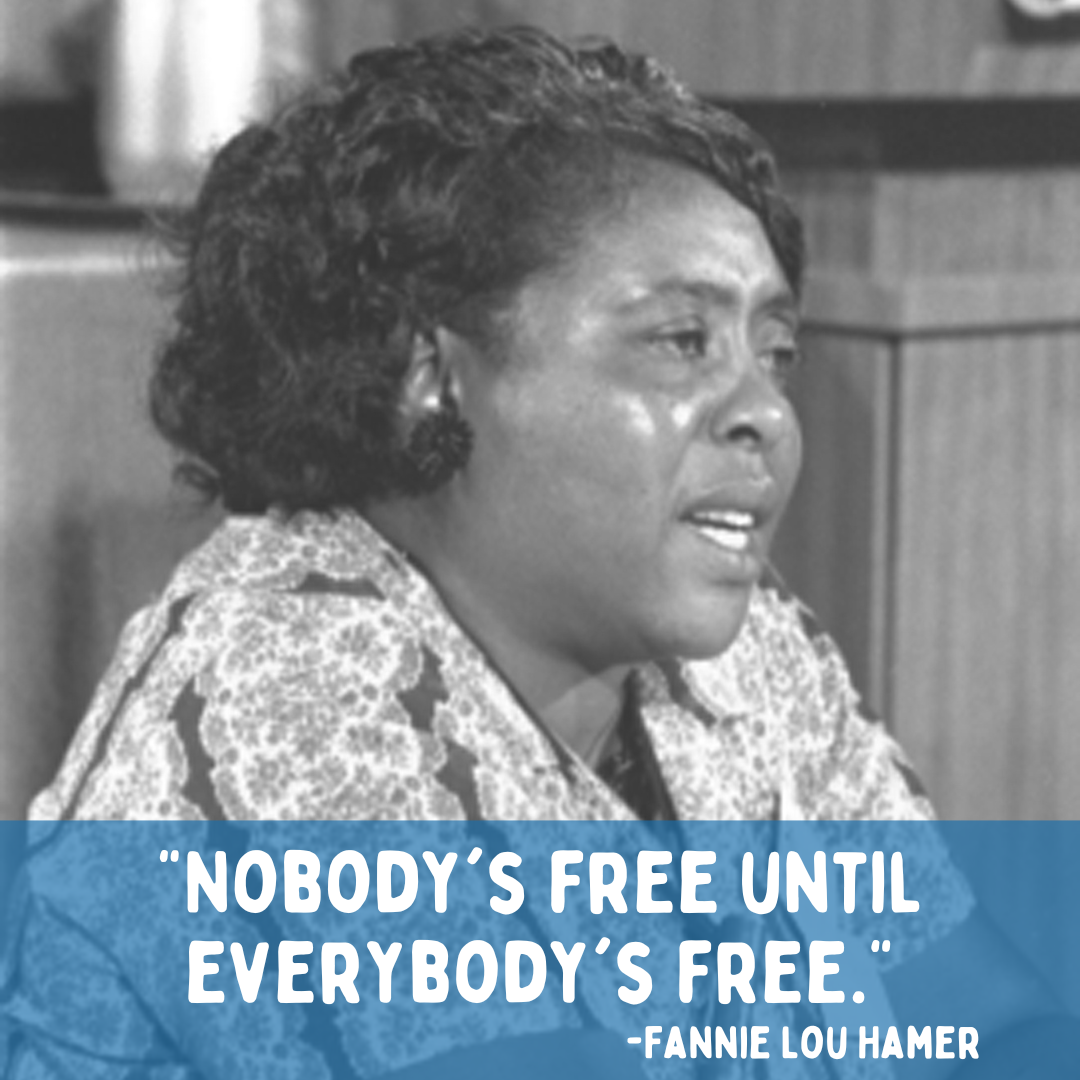

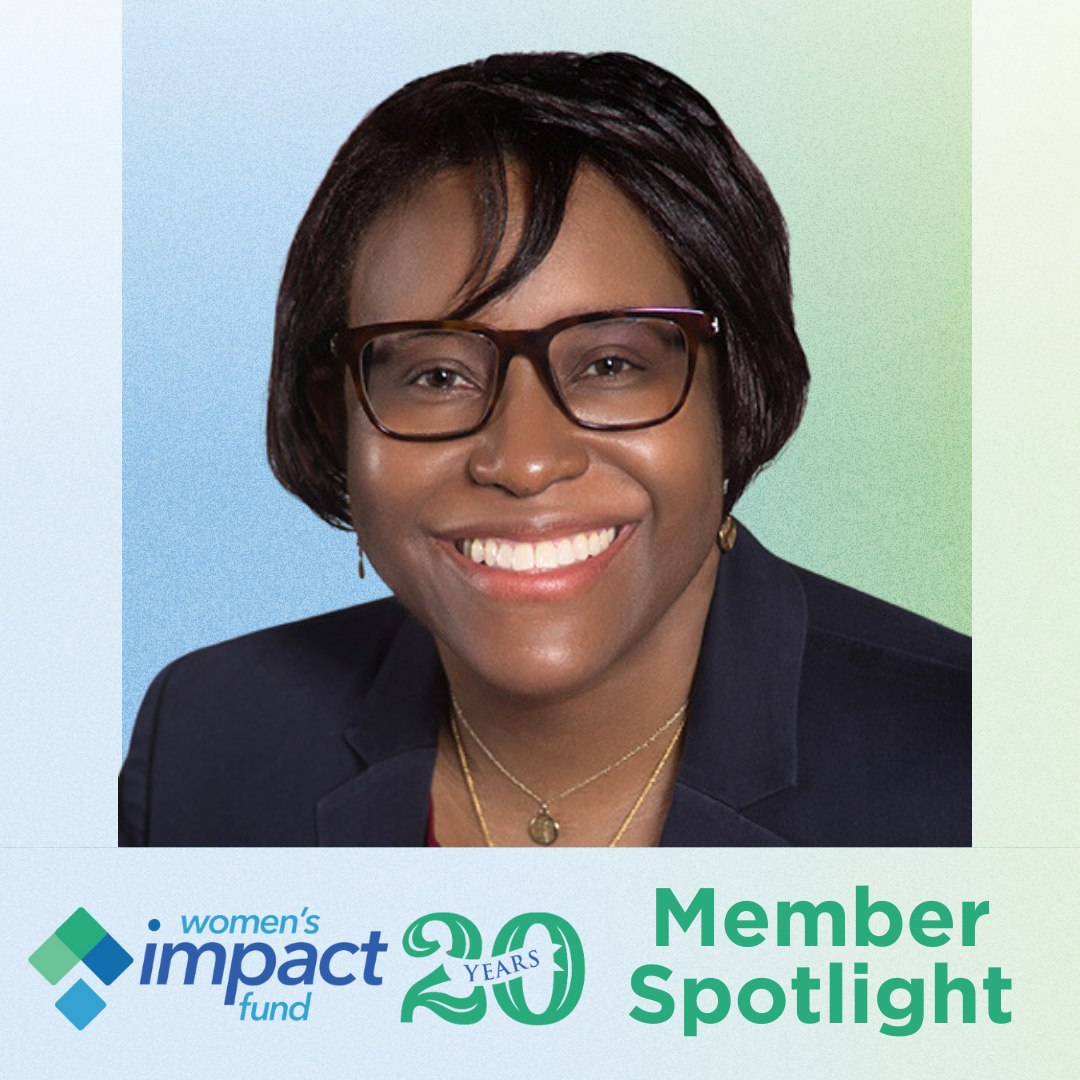
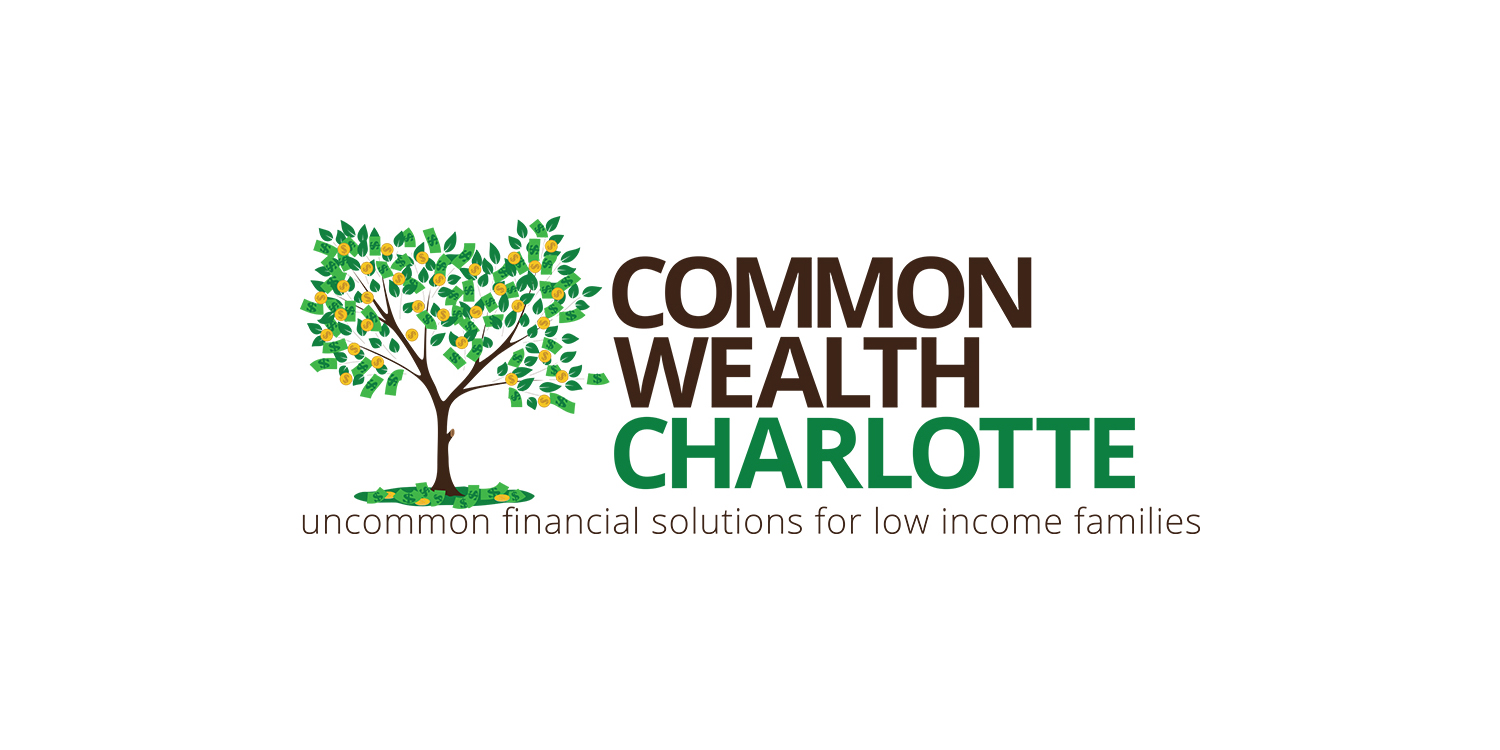
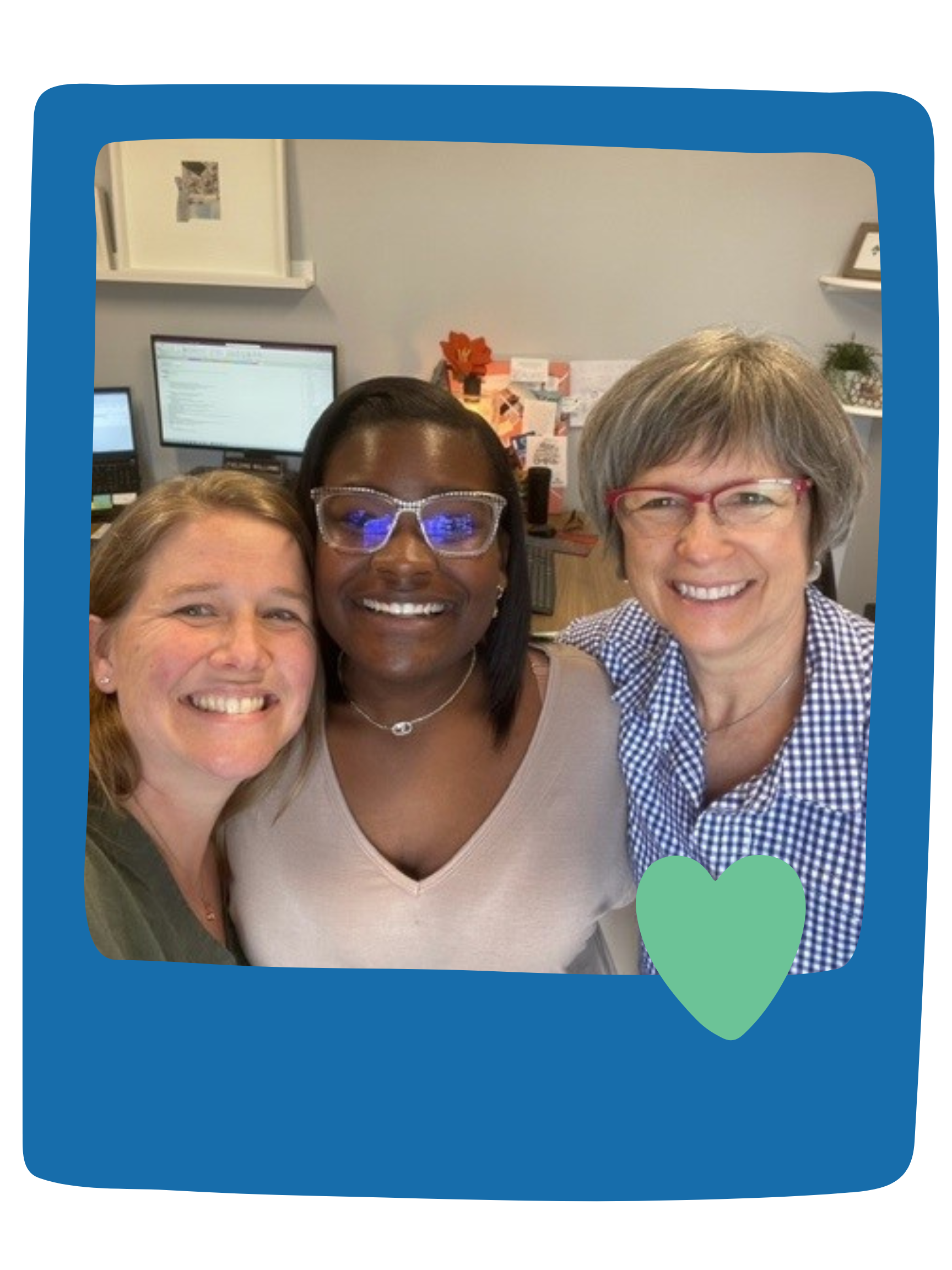
Leave a Reply